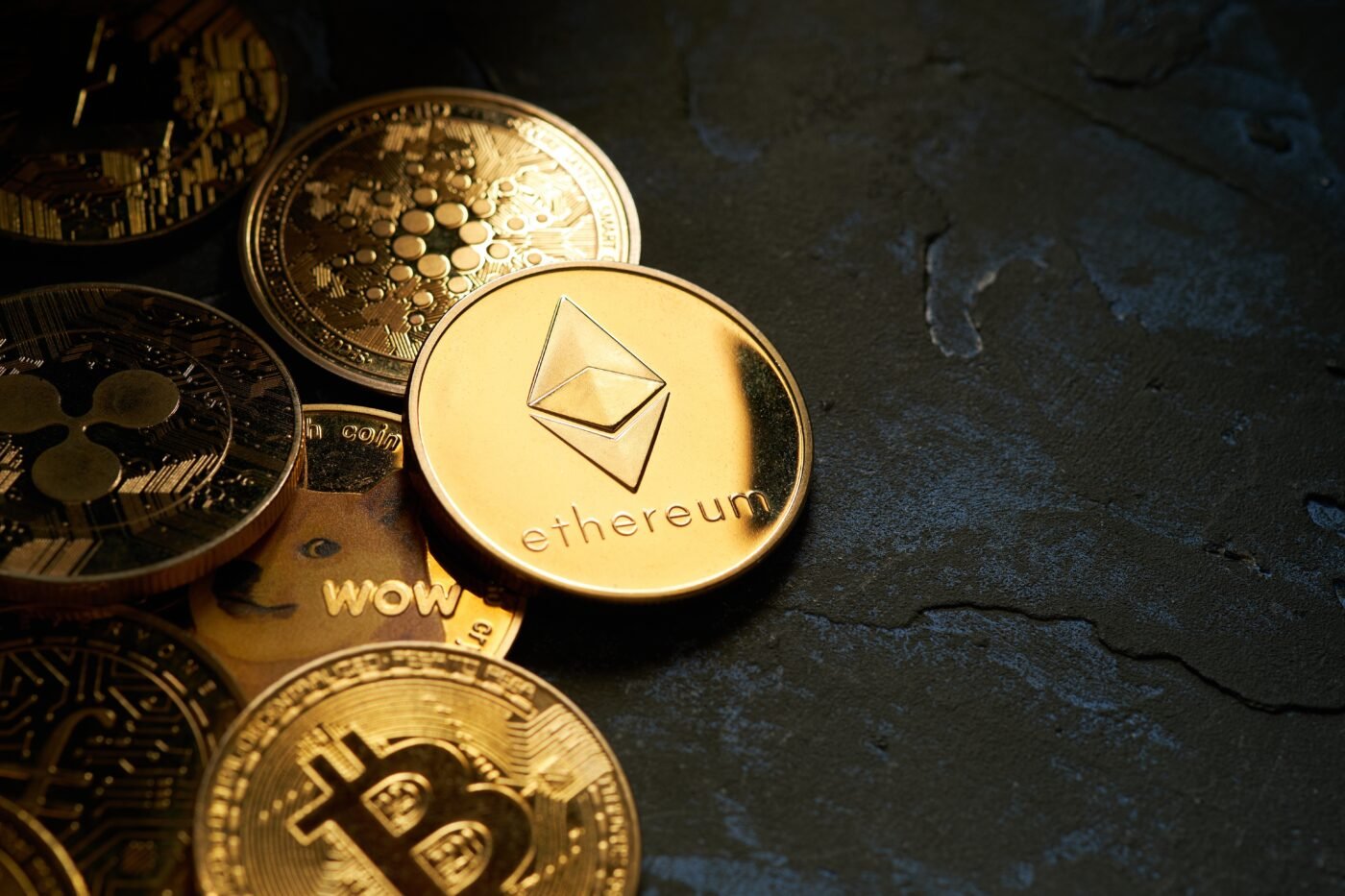TLDR
- JPMorgan joins the stablecoin race, eyeing competition with Tether, Circle, and Ripple.
- JPMorgan’s JPMD coin aims to offer faster U.S. dollar-pegged transactions.
- Major U.S. banks like Bank of America and Citigroup are entering the stablecoin market.
- The GENIUS Act could push stablecoins’ market value to $2 trillion with clearer regulations.
JPMorgan, the largest bank in the United States, has confirmed plans to enter the stablecoin industry, positioning itself against well-established players like Tether, Circle, and Ripple. This move marks a significant shift for the bank, which has previously been critical of cryptocurrencies.
The news was shared by JPMorgan’s CEO, Jamie Dimon, during an earnings call, where he explained that the bank’s involvement with stablecoins is essential for understanding and staying competitive in the evolving digital payment landscape.
JPMorgan’s Strategy for Entering the Stablecoin Market
Jamie Dimon, the CEO of JPMorgan, confirmed that the bank will expand into the stablecoin industry, marking a notable shift in the bank’s stance on digital assets. Despite his long-standing criticism of Bitcoin and the broader cryptocurrency sector, Dimon acknowledged the importance of understanding and participating in the development of stablecoins.
This expansion follows the launch of JPMorgan’s JPMD coin, which will be piloted on the Base network.
The JPMD coin, pegged to the U.S. dollar, aims to provide a faster transaction option for the bank’s customers. However, Dimon refrained from commenting on whether the coin would eventually be available to the public.
According to CNBC, JPMorgan Chase CEO Jamie Dimon said on the earnings call that despite his skepticism toward stablecoins, the bank will participate in efforts involving both the JPMorgan deposit coin and stablecoins amid rising fintech competition. Citigroup executives on the…
— Wu Blockchain (@WuBlockchain) July 15, 2025
He emphasized that JPMorgan’s goal is to understand and master this new technology, acknowledging that stablecoins are becoming increasingly significant in the financial landscape.
Dimon further admitted that JPMorgan must venture into the stablecoin space to remain competitive with companies like Tether, Circle, and Ripple, who are positioning themselves as potential disruptors in the financial industry. This move reflects the growing influence of digital currencies on traditional banking systems.
Growing Competition from Other Banks
The involvement of major U.S. banks like JPMorgan, Bank of America, and Citigroup in the stablecoin market signals a significant shift in the financial landscape. Bank of America’s CEO, Brian Moynihan, confirmed that the bank will enter the stablecoin space, while Citigroup is exploring the issuance of its own Citi stablecoin, focusing on tokenized deposits and crypto custody services. This marks a strategic move for these institutions into the evolving crypto sector.
JPMorgan, alongside other financial giants, is stepping into the stablecoin race as the cryptocurrency industry anticipates clearer regulatory frameworks. The U.S. House is set to vote on the GENIUS Act, a stablecoin bill that promises to provide much-needed regulatory clarity for crypto issuers. This legislation is expected to foster growth and innovation in the stablecoin market.
According to Treasury Secretary Scott Bessent, stablecoins could reach a market value of $2 trillion with the passing of this bill. This shift will enhance legitimacy for issuers like Ripple, Circle, and Tether, allowing them to compete more effectively with traditional financial institutions.
Regulatory Developments and the Future of Stablecoins
JPMorgan’s move into the stablecoin market comes at a time when the U.S. government is moving toward clearer regulations for cryptocurrencies. The GENIUS Act, a bill that addresses stablecoin regulation, is set to be voted on by the U.S.
House of Representatives. If passed, the bill would provide a more stable regulatory framework for stablecoin issuers, offering legitimacy to companies like Ripple, Circle, and Tether.
With such regulations potentially paving the way for wider adoption, banks like JPMorgan may have to adapt to the new legal landscape. Dimon has expressed that the bank’s focus will be on understanding the technology and being prepared for future developments.
“We have to be cognizant of that,” Dimon noted, referring to the rise of fintech companies. The regulatory clarity could help accelerate JPMorgan’s entry into the market and enable stablecoins to play a larger role in global finance.






